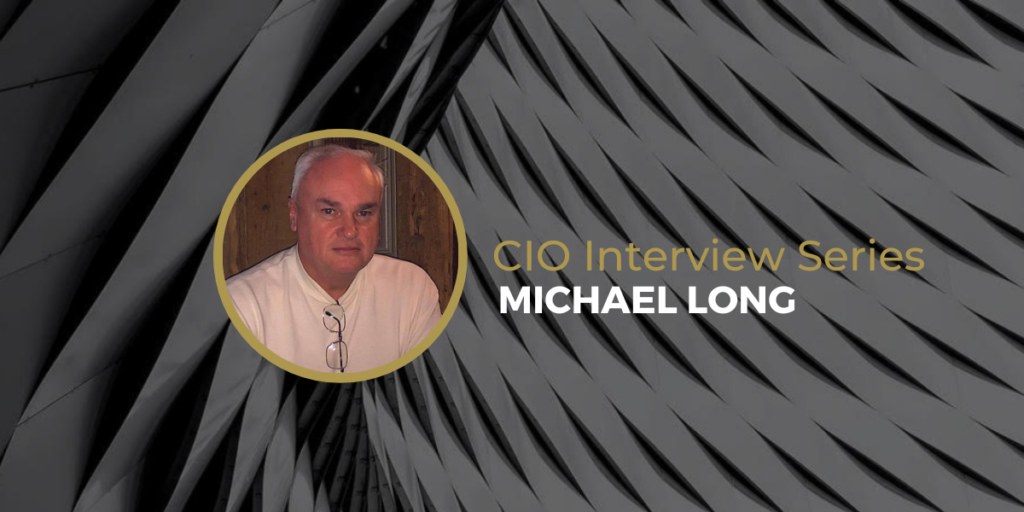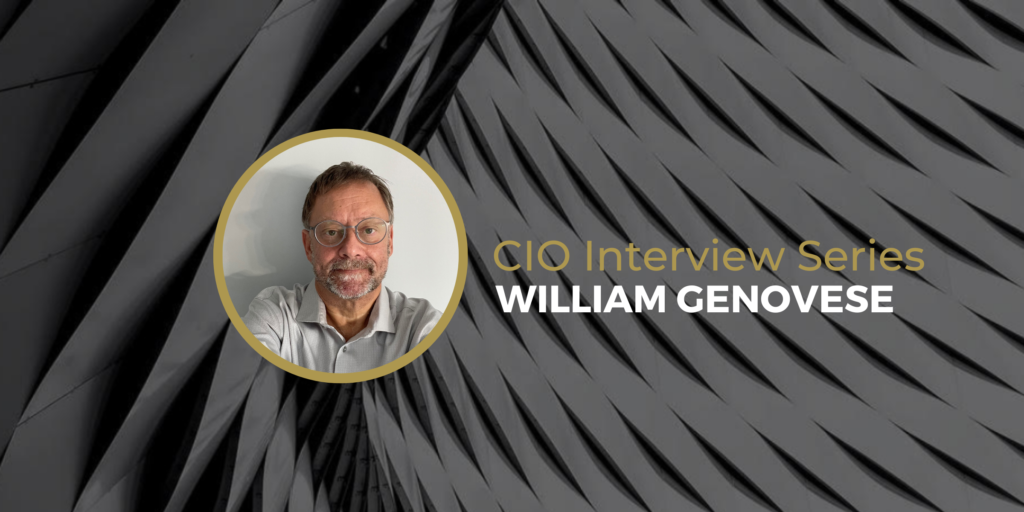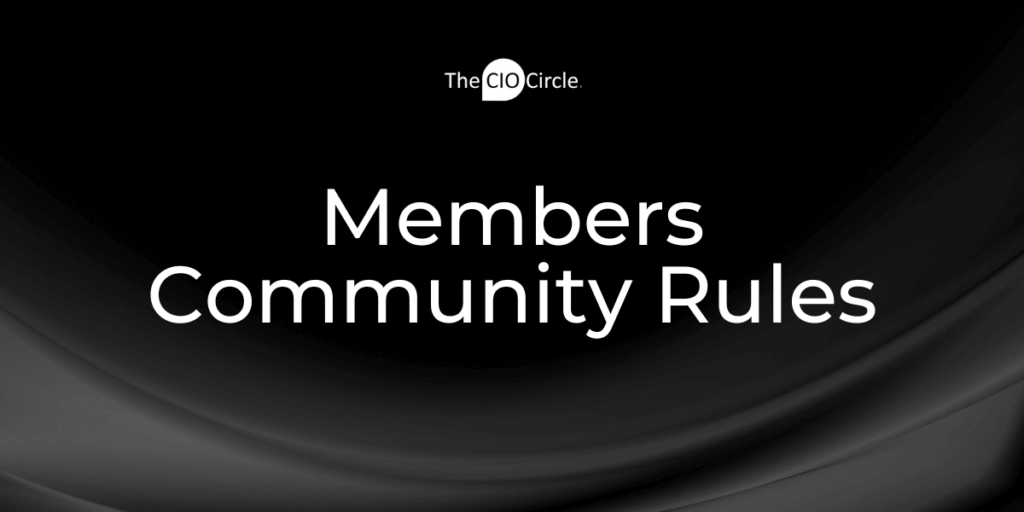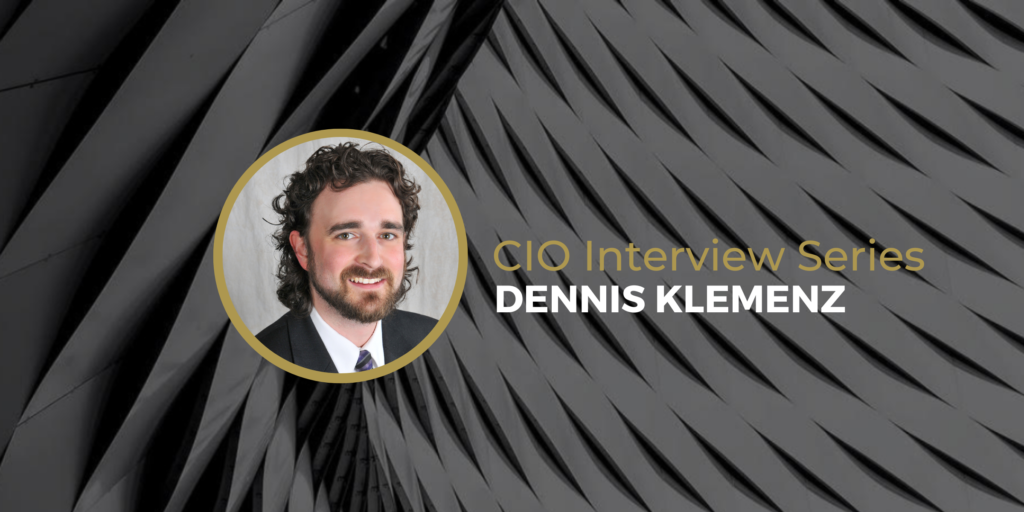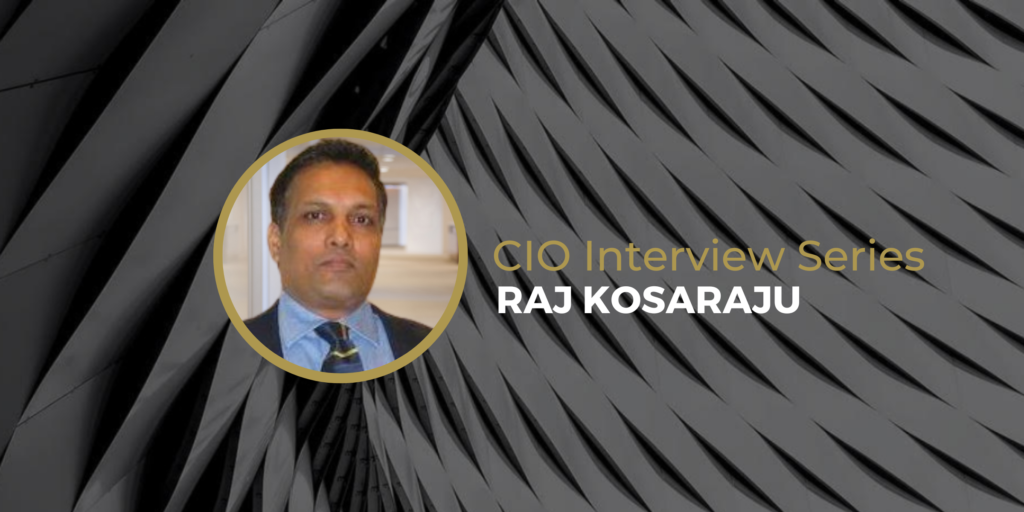Colby Ricker
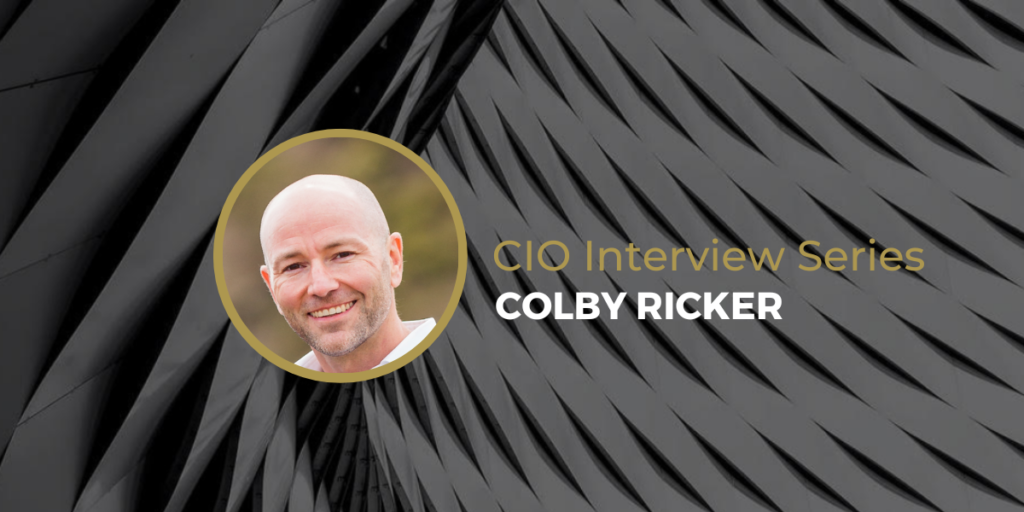
CIO at Meaningful Works / Founder & CEO at MotorUnit
Can you please provide a little introduction about yourself
I’m based in Missoula, MT. I split time as the CIO of Meaningful Works (a full-service branding and design agency) and CEO of MotorUnit AI.
What has your journey to your position been like? What path have you taken?
I started my career as a consultant and product owner for a company called “Chairman’s View,” which worked with private company owners to help them treat their businesses as assets instead of jobs.
This led me to Accenture where I did everything from developing Excel macros, to designing enterprise solutions, to redefining the new item creation process at a global coffee chain (hint: it rhymes with “Gwar Chucks”)
In 2011, I responded to–no word of it a lie–Craig’s list ad for a CRM BA. It turns out, that two guys in Boulder, CO were starting a Salesforce.com consultancy, and I was their first full-time hire. We grew that business from three people to about 35 in under 3 years.
For some reason, I decided that I needed to hunt bigger games, so I joined PwC and then Slalom where I worked to scale both of their Salesforce teams. After what seems like a lifetime in consulting I started MotorUnit in April because I felt the traditional SI model was somehow failing companies.
Technology and (maybe more importantly) data are such core parts of business today, that hiring out expertise in these domains to third parties is increasingly an existential business risk. My goal is to help companies realize that leveraging is not an event (e.g. “go-live”) it’s a skill. And like any skill, you have to develop it over time and keep it sharp with practice.
In terms of milestones, I would describe my career as a sort of sine wave between business and technology that is converging on the x-axis. Sometimes I’ve been more business-focused (PwC), and sometimes I’ve been more technology-focused (Vertiba, Slalom), but the key milestone was when I realized that you cannot be one or the other, you have to have both.
Has it always been your vision to reach the position you’re at? Was your current role part of your vision to become a tech leader?
Not exactly? I’ve always been fascinated by the intersection of human enterprise and technology–in some ways, I think that’s the story of humanity. We invent something, it’s cool, and then we figure out how to make business better, which means it’s *useful*.
I grew up in a small-town family business family, which basically means I grew up in a business. My dad got a PC for work before I was in 1st grade (so 1883), and I guess I just always associated the business with computers.
While I wouldn’t say I pictured ending up where I’m at, I will say it seems to have been a pretty logical conclusion to the first part of my career.
Have you had a role model or mentor that has helped you on your journey?
Yes and no? I’ve had an incredibly long list of people who have helped me, especially the teams I had the privilege of building and managing at Vertiba and PwC (shout out to Janet, Jeff, Nuke, and Killer Pat).
Beyond that, I’ve found I’ve done best when I’ve kept my own council. Not to say I haven’t had senior people help me on my way, I’ve just found that the more I listen to the little voice in my head, the better things tend to work out.
The challenge with mentors–such as it is–is they can’t *hear* the tiny voice in your head, and it’s easy to convince yourself that you should listen to their experience (because, after all, they’ve been successful) instead of your voice. That has never worked out for me.
How do you see the role of the technology leader evolving over the next 5 years?
Great question. To my point earlier, the gap between “the business” and “IT” has been getting more and more narrow over the last several decades.
I came out of consulting, and when I started (shortly after the Accenture/Arthur Anderson “divorce”), there were three types of consultants: strategy (BBM), Management (Bearing Point), and Technology (Accenture).
Today, Bain has an AI practice, and Accenture has a strategy business.
Playing that out in the enterprise, I see the CIO’s team getting smaller, but having a larger impact on the business.
As a thought experiment, what is the difference between a CIO and a COO?
20 years ago, it was easy. The COO owned operations (facilities, process, etc), and the CIO made sure your on-prem database that hosted your ERP didn’t implode.
Today, if you’re not using technology for all aspects of your operation, you’re probably going to lose to a competitor who is.
So to answer the question, I think over the next five years we’re really going to see ALL leaders evolve into technology leaders, and people who have that title now will either get closer to their business counterparts–really focus on enablement–or they’ll risk becoming irrelevant.
What skills do you think leaders of the future will need in order to thrive?
Listening.
It’s perhaps the ultimate hallmark of a leader and likely has been since leadership was invented.
How do you keep current with new skills, technologies and personal development?
One of the benefits of having a consulting business on the side is I HAVE to keep up with current trends.
Other than that, I listen to a lot of podcasts and ask a lot of questions.
What do you see as the next leap in technology that will impact your business or industry in particular?
AI. Go watch the ads for some of the stuff Adobe is doing with AI. It is freakin’ mind-blowing.
I also see AI as the final unlock for business technology. Most technology projects fail at some point because you have to ask people to behave like computers.
For example, say you’re developing an app for field technicians. At some point in that app, you have to ask them to stop their work and enter a bunch of data in a form, not because that’s how the tech gets work done, but because that’s how the computer understands the job.
With AI, I think we finally have the ability to give employees a UI that meets them where they’re at. So… don’t enter data into a form, tell an AI assistant what you did, and let that AI assistant write up the work order, consumer parts out of inventory, and send the invoice.
“Be curious, not judgemental.”
If you were mentoring a leader of the future, what advice or guidance would you give to help them on their way?
Be curious, not judgemental. I wish I could say I got that from Walt Whitman, but I got it from Ted Lasso (who got it from Walt Whitman).
If your people are doing something that you can’t understand, ask questions until you understand it.
People don’t do things for no reason, we may not like the reason, but we can’t address it until we know what it is.
Is there anything in particular that you would still like to achieve in your career or what is the next step on your journey?
So most technology projects I’ve seen end up delivering about 20% of the value they’re capable of. Again, it’s because we keep asking people to behave like computers. I’m really excited to see the promise of digital technology finally live up to the hype it’s been getting since we invented the internet, and we are *this close*.
If you could change one thing in the world, what would it be?
I’d like to see more hope. I think a lot of people are acting on fear, and I get it… the last 3 or 4 years have been scary!
That said, the bright side of technology is a story of hope. An inventor hopes of freeing his kids from hunger and BOOM agriculture.
Alan Turing hopes of creating a thinking machine and BOOM computers.
There are some massive things about to happen to humanity. If we’re honest with each other, they could go either way. I think the outcome will be determined at least in part by the balance of people chasing hope instead of reacting to fear.
Hope for a better future and act accordingly.
Other details that you’d like to add:
Thanks for the time, I appreciate the opportunity to speak with you.
A big thank you to Colby Ricker from Meaningful Works & MotorUnit for sharing his journey to date.


